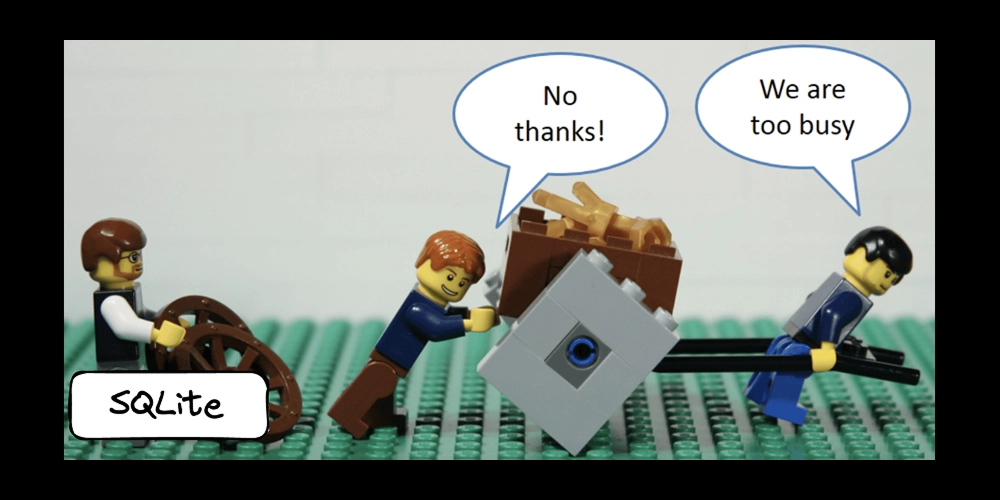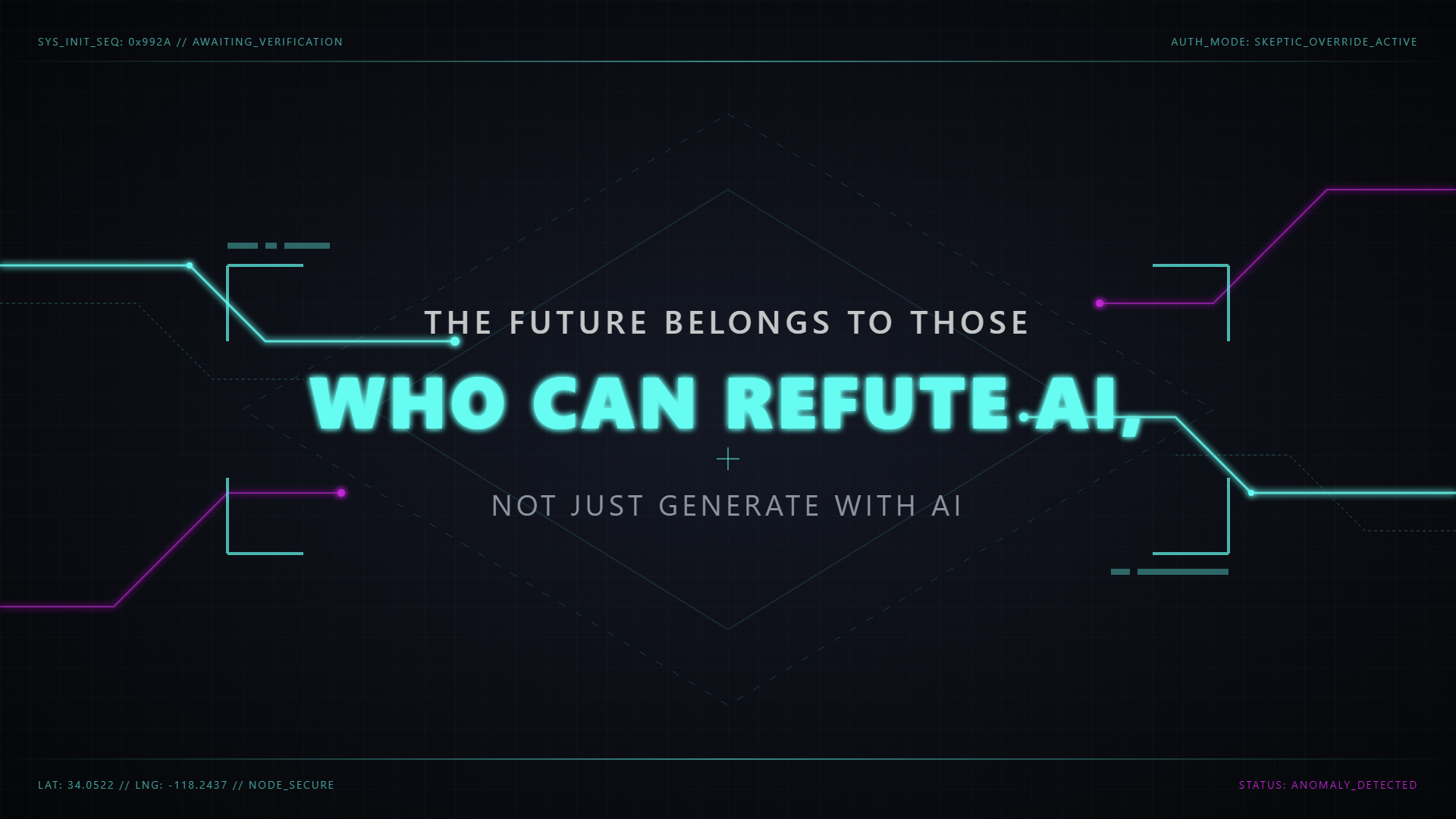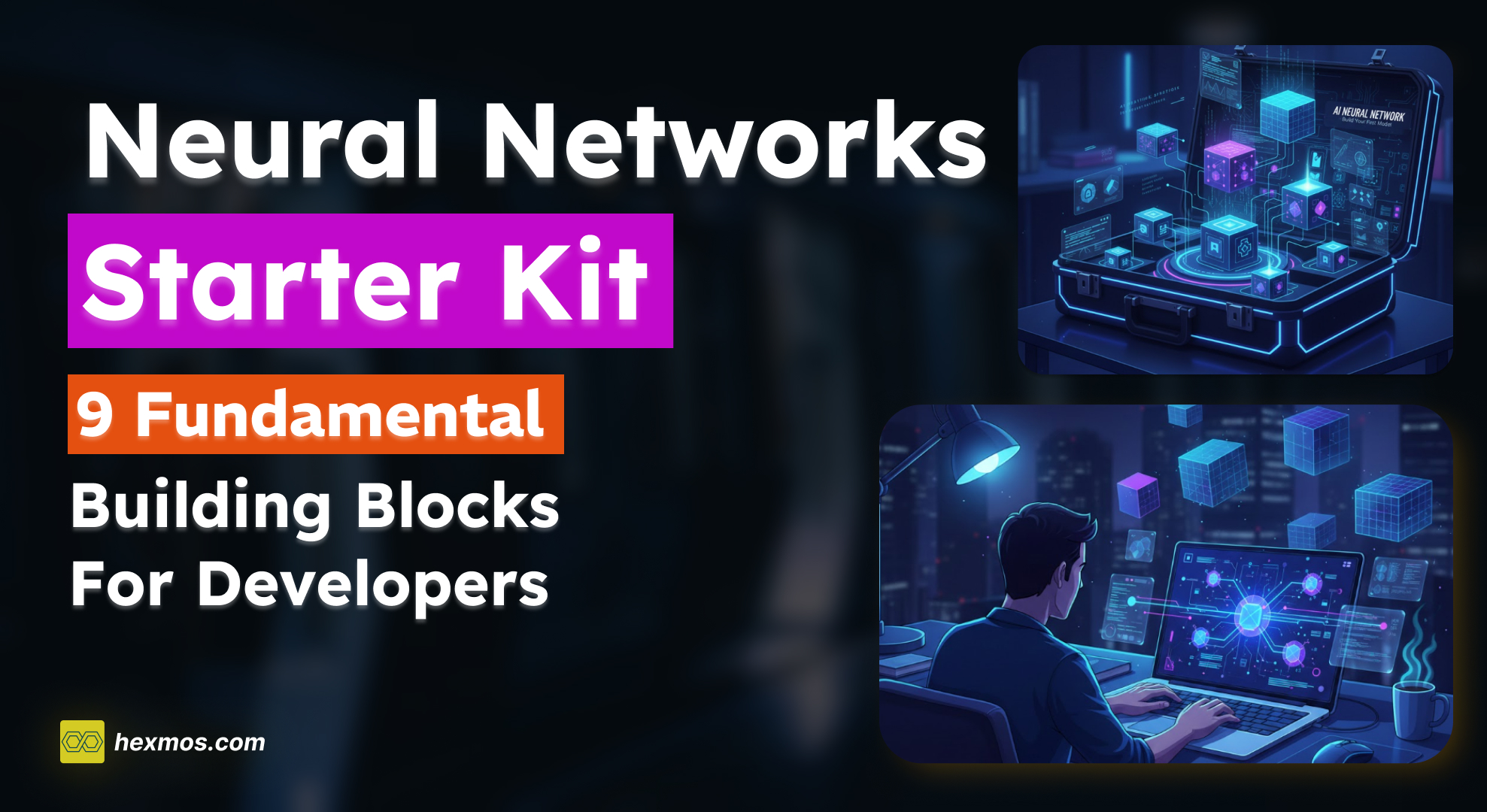Why your team needs a daily reading program
Ultimately, as human beings, we are concerned about more. We want— to be more and do more. We want to enhance our positions, competence, wealth, and power. We want to enhance all aspects of life.
Our quality of being and doing depends upon actions carried out over a long period of time. Our actions, in turn, depend upon our actual convictions—things we are sure of, things upon which we base our day-to-day actions.
For example, if we are 100% convinced that lack of exercise leads to lower blood flow, which in turn leads to greater dangers to blood vessels, and ultimately more heart attacks, we have knowledge of the whole chain. If such a line of reasoning is known when one is young, and one commits to regular exercise, then one can reduce the odds of a heart attack in the future.
Similarly, in industry, if we clearly identify how intangible qualities such as commitment lead to higher performance, which in turn leads to higher productivity and wealth, we will learn to be committed in our activities.
Thus, having validated chains of reasoning and acting upon them can greatly enhance the health, wealth, and fortunes of a group of people (and to a lesser extent, individuals).
Hence, we are concerned about how to acquire such sound and true knowledge. Life is short, so we want sound and true knowledge acquired with the least amount of labour and time invested. When I say "sound and true knowledge," I mean the type of knowledge that includes not only the "what" but also the "how"—the application. It is the whole deal that makes everything better. What is the best way?
Firstly, the most rigorous way to acquire knowledge is through personal experience, trial and error, sweat, tears, and blood. However, it is also one of the most expensive ways of acquiring solid and true judgements, as a lot of personal time and energy are required to ascertain some truth. More formally, we call this mode of learning induction.
The second path of knowledge acquisition is through deduction. We start with axioms, often because the axioms are self-evident or provided by experienced and truthful authorities. For instance, most cultured humans accept language as it is from their surrounding culture. Even the most innovative writer makes use of the language provided by their surrounding culture. Hence, new work is deduced and established on previously built foundations. Through good methods, expert guidance, and sincere efforts, one can advance in knowledge. That is the method of deduction. This method is comparatively cheaper, as large parts of the pain of trial and error are skipped through the labours of one's teachers and authorities from history. One still has to build new knowledge, habits, and capabilities, but there is a foundation upon which it is built.
Therefore, for a group of people to innovate and progress in knowledge and practice, it is more efficient to depend on deductive methods. Thus, teachers and historical authority are of enormous importance. There is not enough time or energy available in a single human life to make very many costly mistakes. We must draw from the collective wisdom of our ancestors, from all over the world.
When I mean, depending on deductive methods, I do not mean eschewing trial and error altogether. My specific recommendation is that trial and error must be guided by a solid backdrop of deductive knowledge. Say, one wants to build a software compiler. A purely inductive method will disregard all sorts of experiments from history, and will make many useless experiments and take many unproductive paths. In contrast, a purely deductive method will continuously lead to accumulation of knowledge of past discoveries from various authorities while ignoring adapting solutions to a given practical context. However, if there is insufficient effort to apply such accumulated knowledge, no wealth, no power and no good results are produced. Therefore, deductive methods must provide guidance, while inductive methods must be used in adapting the generic knowledge to specific contexts.
As established earlier, the veracity of the axioms we depend upon determines the quality of the work built upon them. Therefore, authorities are enormously important. We must work to find the best authorities in a given subject and try to profit from their labour. For instance, if we wish to get better at design, we must check human history and determine who has produced the best results in this area of human endeavour and why. If it is in politics, we must check who has produced the best results there and why. We must grasp the essence of their thinking and turn them into axioms.
Since we have established that relying on authorities for providing axioms for new work is key, the next natural question is: "Where and how do we discover these authorities?" It is not impossible that there is a world-class authority in your social circle from whom you can directly learn. However, the likelihood of that is definitely on the lower end. By extending our circle and exploring social media, we may find names of such living authorities. But should we limit our search to living authorities? Why settle merely for the thoughts of present politicians, for example, when it is possible for us to read from the greatest politicians of (potentially) all time through books?
Libraries contain an astonishing quantity of human thought and conduct recorded in their books. Even if you read a tremendous amount, let's say around 15,000 books in your lifetime, that would barely cover about 0.04% of the content available in the US Library of Congress. Thus, books as a whole possess a massive amount of information from which we can find extremely good authorities on various topics. Therefore, if we value life and wish to use our time efficiently to find and fulfil our purposes, ignoring books is a horrible idea.
Finding the right authorities from vast human experience, obtaining the right axioms, and building upon them is one of the most sensible things a human being can do. At Hexmos, we have set up the Daily Reading Program to improve our effectiveness as a group. We want the best for our group and the world, and we are convinced that disciplined reading and application will give us the best odds possible. So, how do we set high standards for the reading program?
- Daily reading without exceptions: As argued earlier, even with heavy investments in knowledge acquisition, humans are doomed for ignorance in many topics. But we aim to build upon the work of good authorities in the areas we are concerned about. This requires consistent quality effort throughout a lifetime, no less.
- Keeping each other on track and accountable: We track each other's reading using something like a forum, helping each other learn more, inspiring curiosity among ourselves.
- Sticking to the best authorities, simplifying and digesting the best human history has to offer. We tend to identify great people and try to find their core principles.
- Applying the core principles and making them part of our culture. We make a constant effort to put new learnings from the best authorities into practice. We also strive to build upon their work, making ideas, policies, and principles even better, taking practice to a higher level.
By following these principles, we believe we can acquire knowledge, learn from the best authorities, and improve ourselves individually and as a group.




